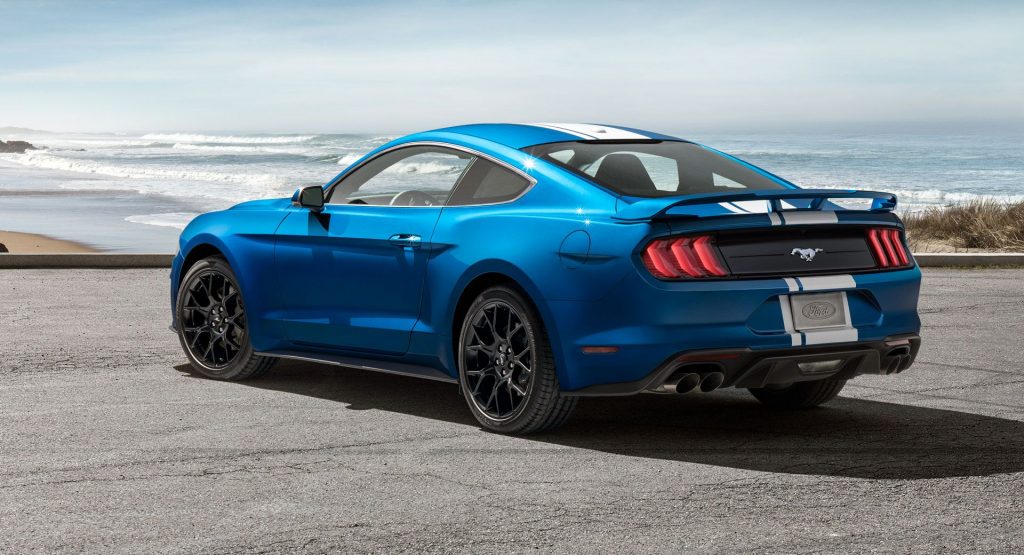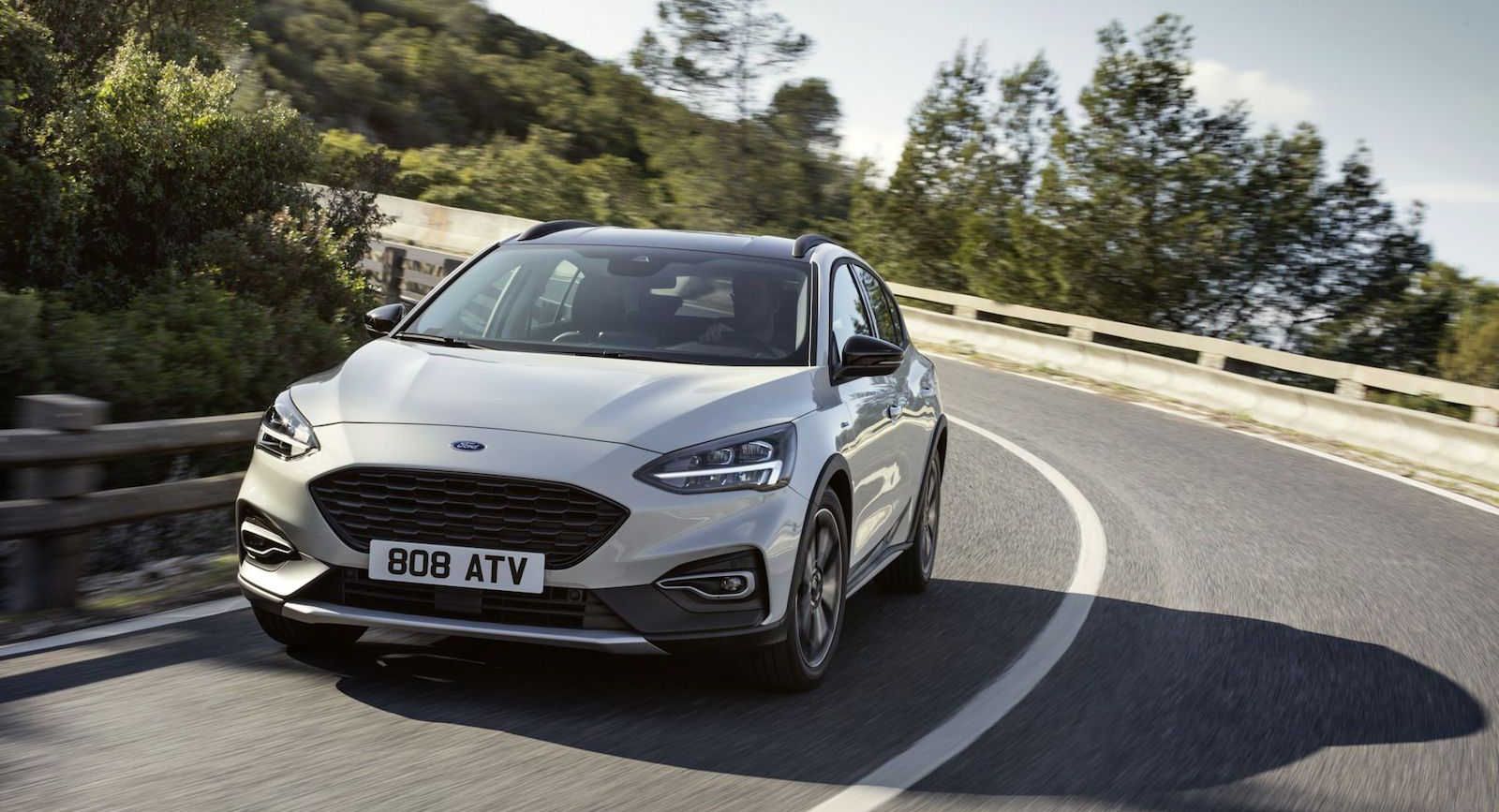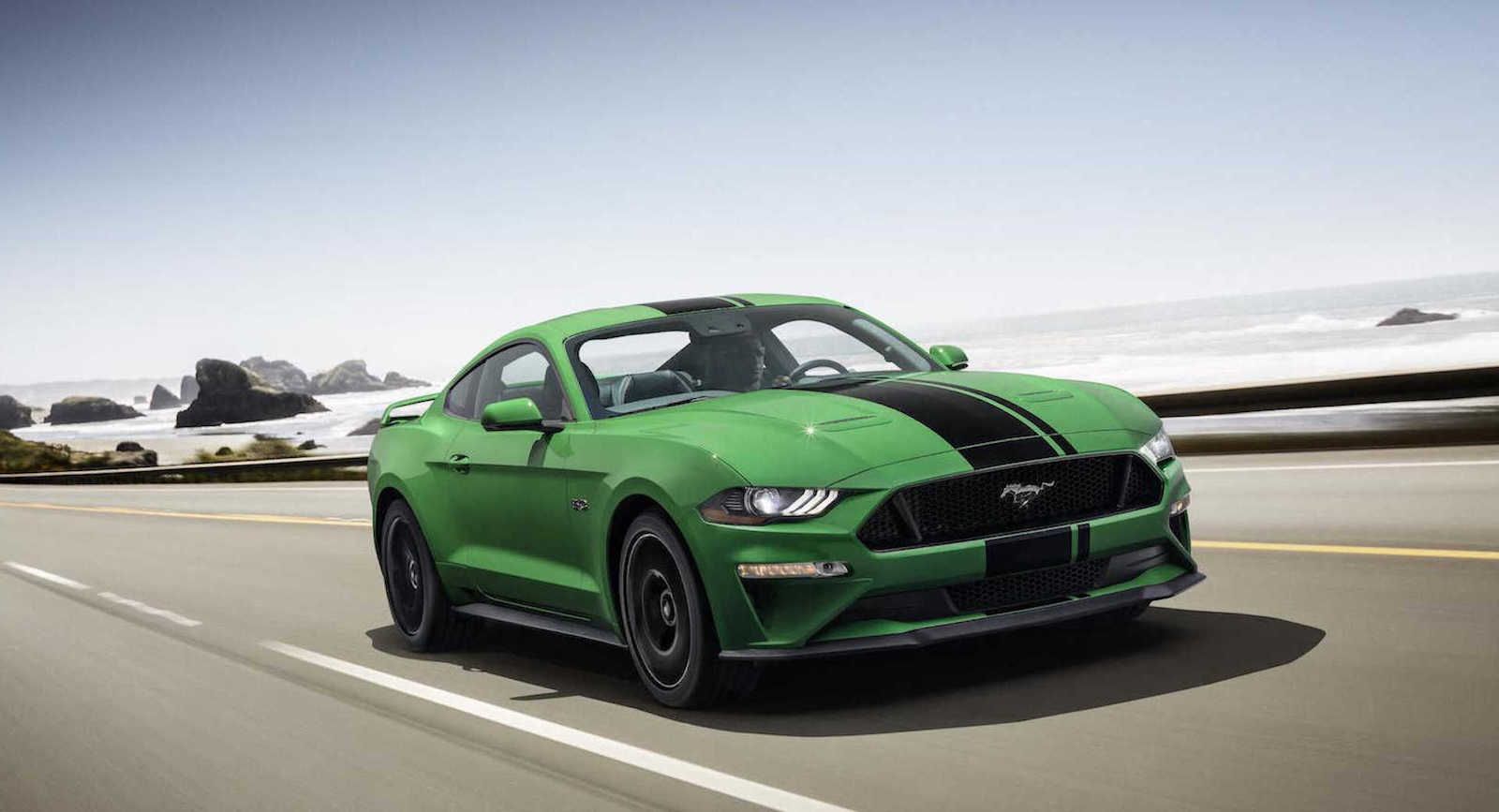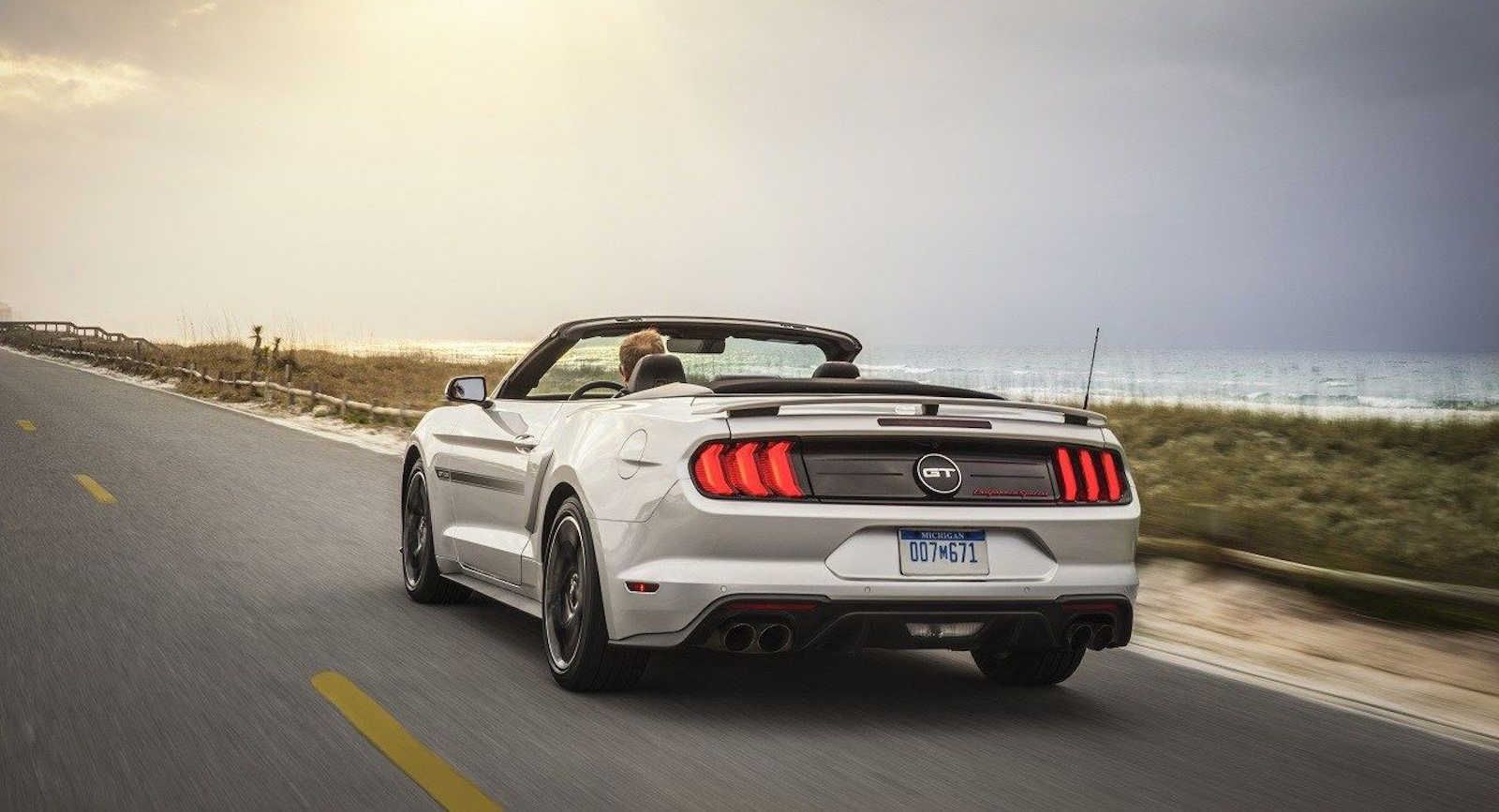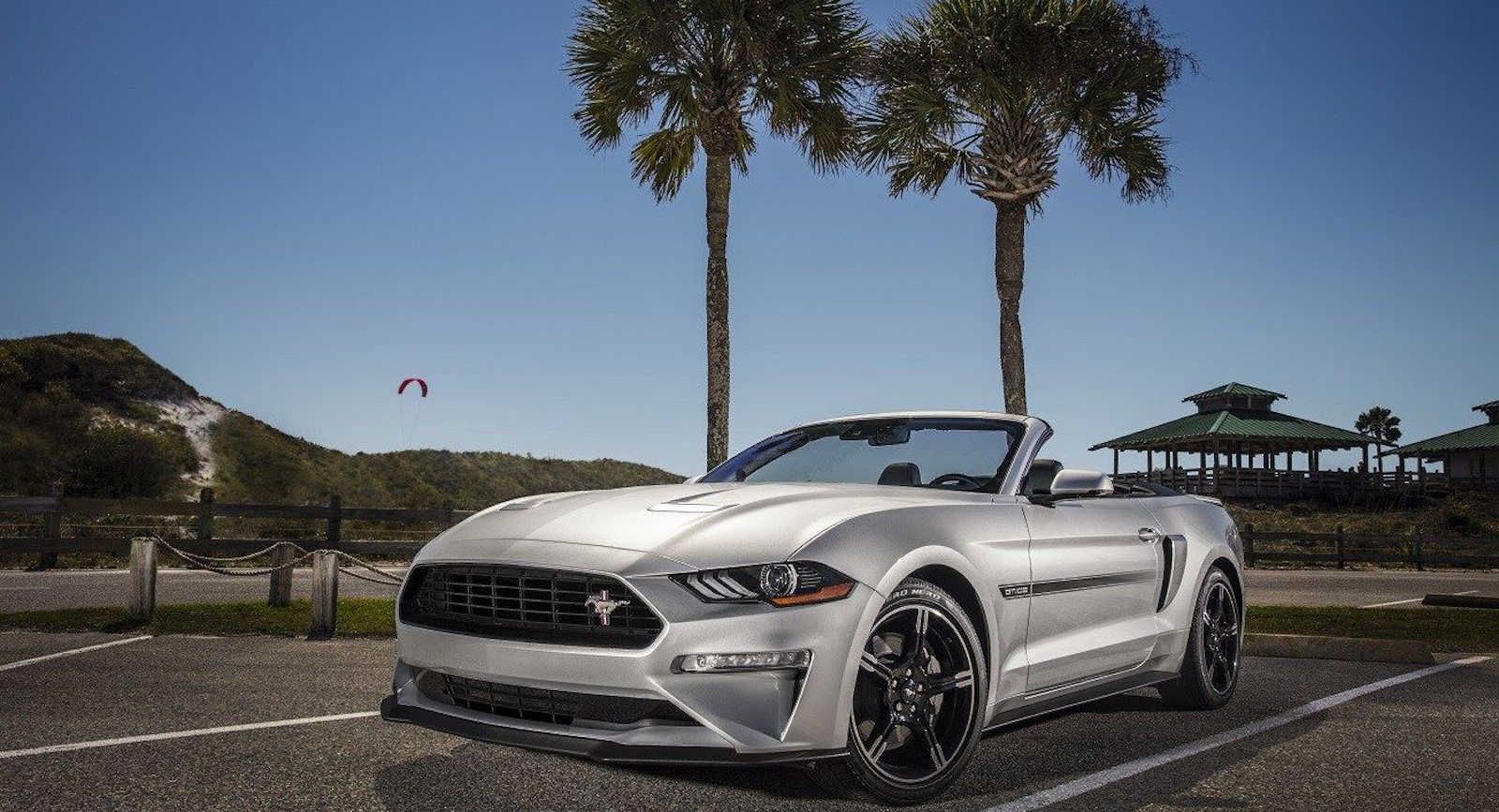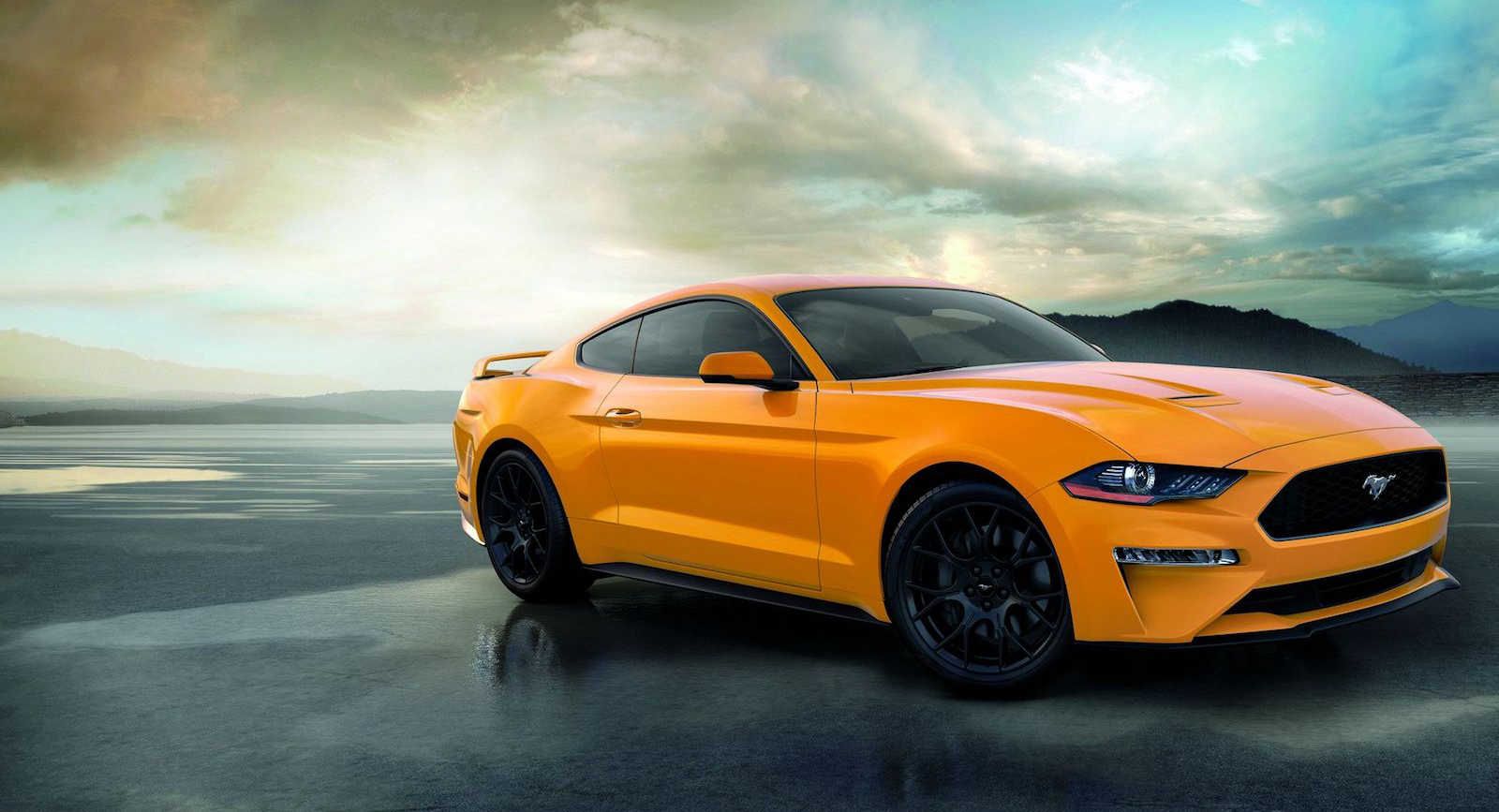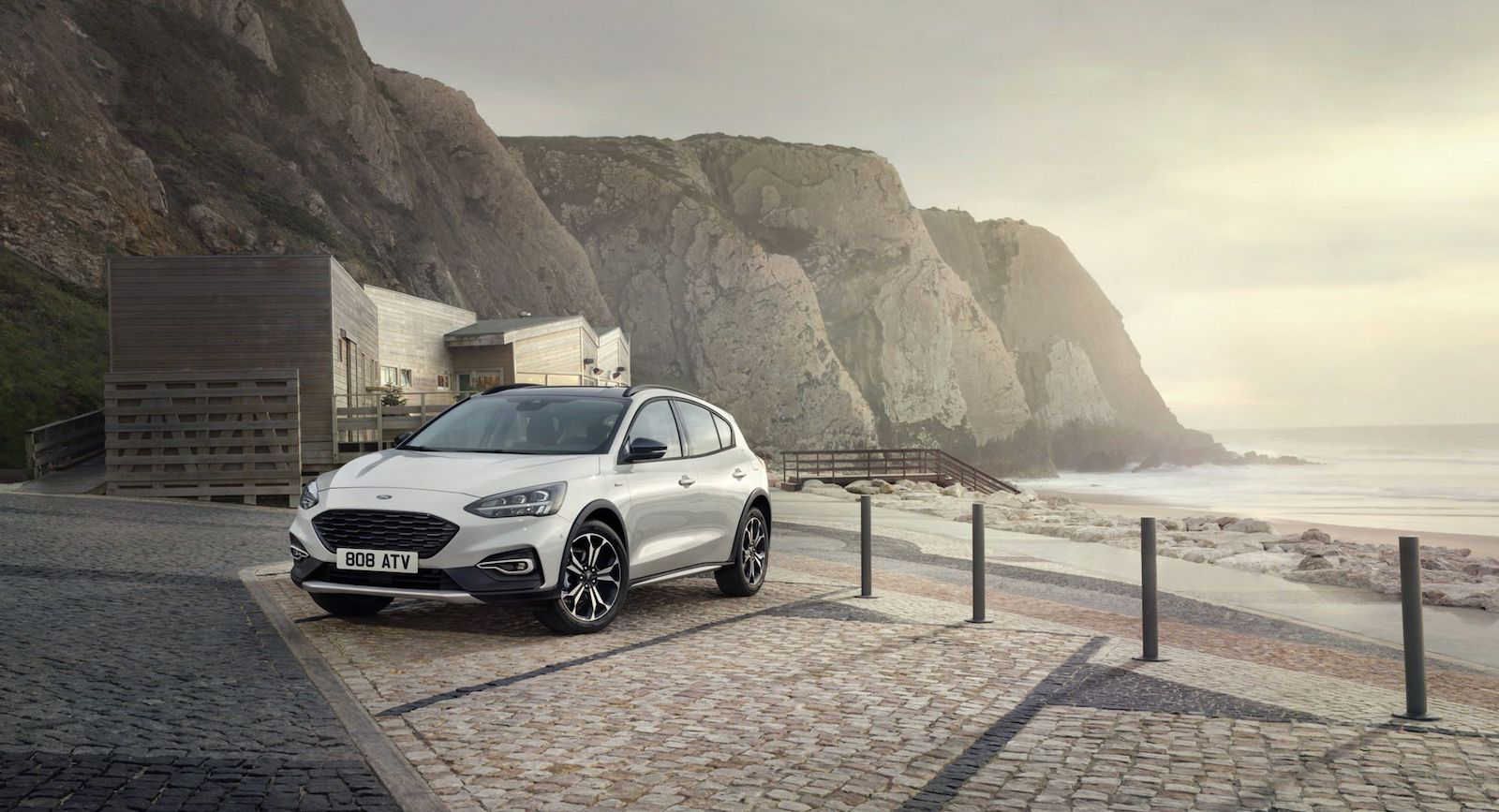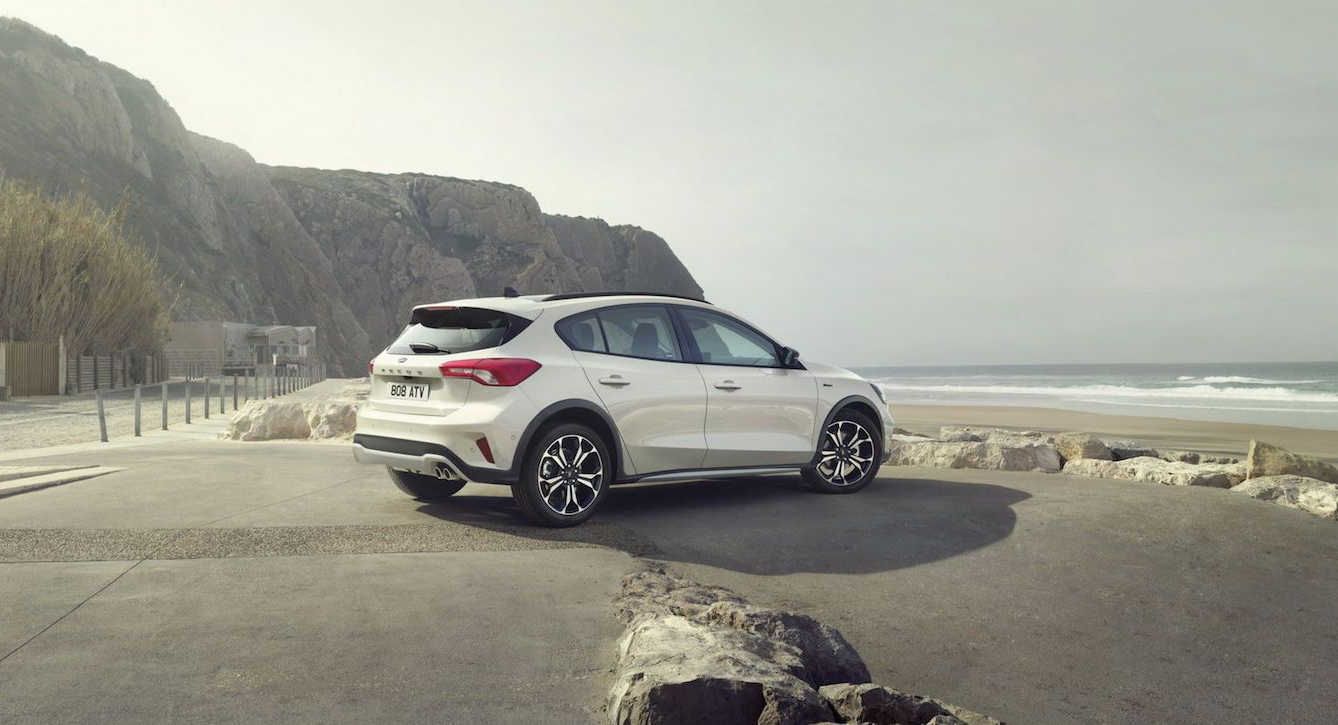By now, everyone’s heard about Ford’s shocking decision to only have the Mustang and Focus Active as its car offerings in the United States. The automaker’s plans will all unfold before the end of May 2019. While everyone may not agree with Ford’s move, the brand’s executives provided some more information on why its sticking with its bold plan.
In an interview with Automotive News, Ford CEO Jim Hackett said, “We’re going to feed the healthy part of our business and deal decisively with the parts that destroy value.” Those healthy parts include pickup trucks, crossovers, and SUVs. The destroyers, as the outlet points out, are cars, “most Lincoln products,” and other aspects of Ford’s overseas business, said CFO Bob Shanks.
By cutting out unprofitable areas, Ford is expecting to save more than $25 billion by 2022.
Ford didn’t come out and state exactly how much money it’s losing on selling small cars in North America. But Colin Langan, a UBS analyst, told the outlet that the figure could be roughly $800 million a year. On the flip side of that, the brand reportedly made $3 billion in the first quarter thanks to the “high performing” segments of its business.
One of the major issues people have with Ford’s recent move is that it mirrors similar mistakes the automaker, and many others, made when gas prices spiked. The company, though, doesn’t believe it’s making the same faults, as the industry has changed a lot.
“Customer view and experimentation on the utility side is so much more broad,” said Jim Farley, Ford’s head of global markets. “Utilities are the preferred body style. This wasn’t the case before the downturn.”
Farley also points towards how fuel-efficient crossovers and SUVs have become in relation to sedans. As Auto News points out, the 2018 Fusion has a combined EPA rating of 27 mpg, which is only one better than what the Escape can achieve – 26 mpg. Not to mention that the Escape has a more spacious cargo area.
Leaving a high-volume segment is still a risky venture for Ford, but Farley believes the company can win customers over with more emotionally-charged products. “We think we can tempt some of those customers with an image upgrade,” stated Farley. “Where Ford does best is where we play to our strength of emotional products.”
Other automakers have come out with plans to stick with cars, like General Motors and Volkswagen. GM’s reason for sticking with cars can be traced back to China, while VW believes the body style is more fuel-efficient.



